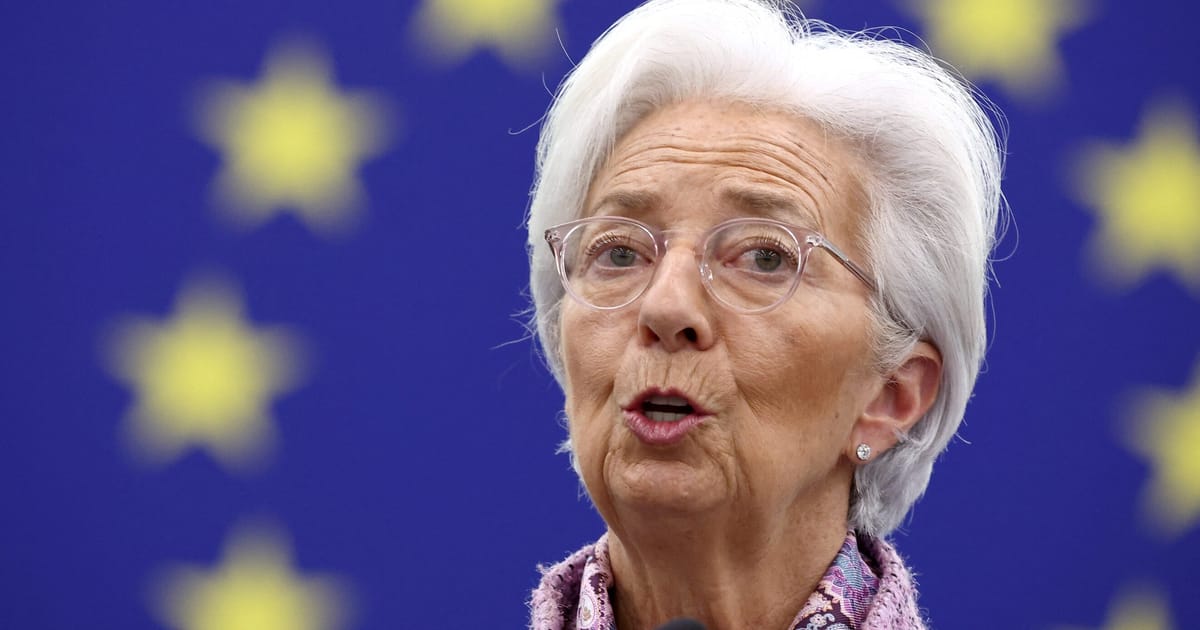“You can’t say ‘it’s over, it’s behind us’ because, unfortunately, we have heaps of uncertainty, and when Mr. Trump suddenly decides to increase tariffs on the automobile sector to 25 percent, or to impose reciprocal tariffs from April 2, that inevitably changes things,” Lagarde said.
The ECB’s Governing Council in recent days has appeared split over whether or not to carry on cutting interest rates at its next policy meeting on April 17.
“We are nearly at target, but we have to stay there,” Lagarde said.
Lagarde also showed that she still isn’t convinced by those arguing for the seizure of over €200 billion in Russian state assets frozen in European clearinghouses and depositaries. She stressed that the assets are already being used as collateral for loans to Ukraine from G7 countries.
“Confiscation is another story, because if we insist on the application of international law, we have to respect international law ourselves,” she argued.
Violating that principle, she suggested, would risk blowing a rare opportunity for Europe to present itself as a safe place for investment, at a moment when Trump’s efforts to expand presidential authority over the judicial system are raising questions in investors’ minds over the rule of law in the U.S.
(This story has been updated.)
